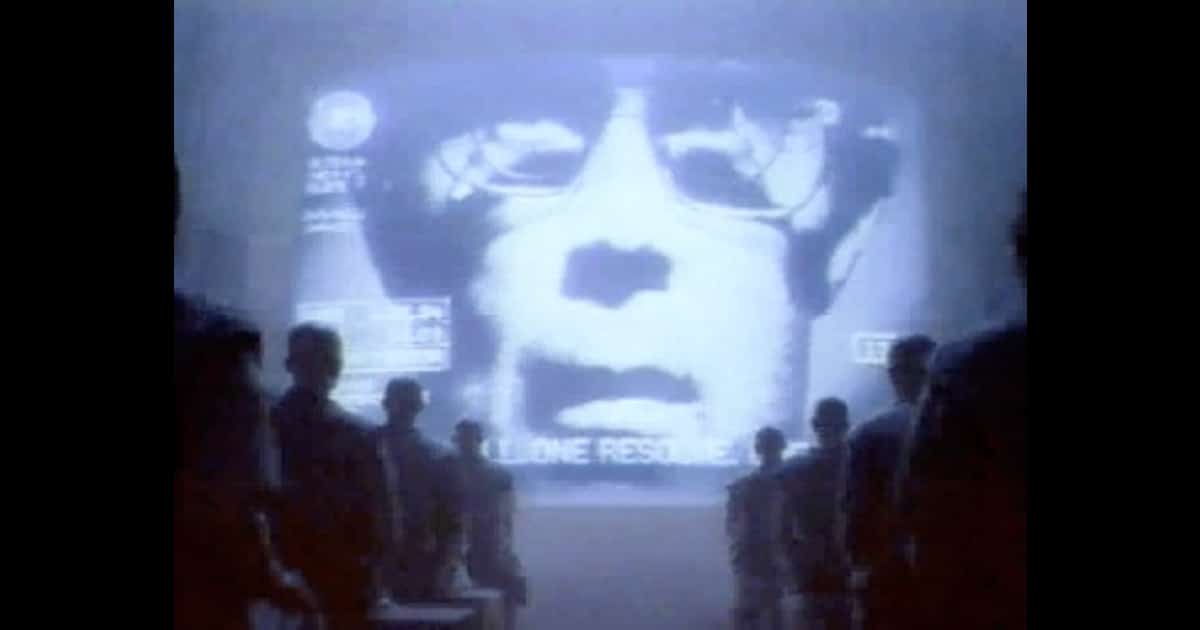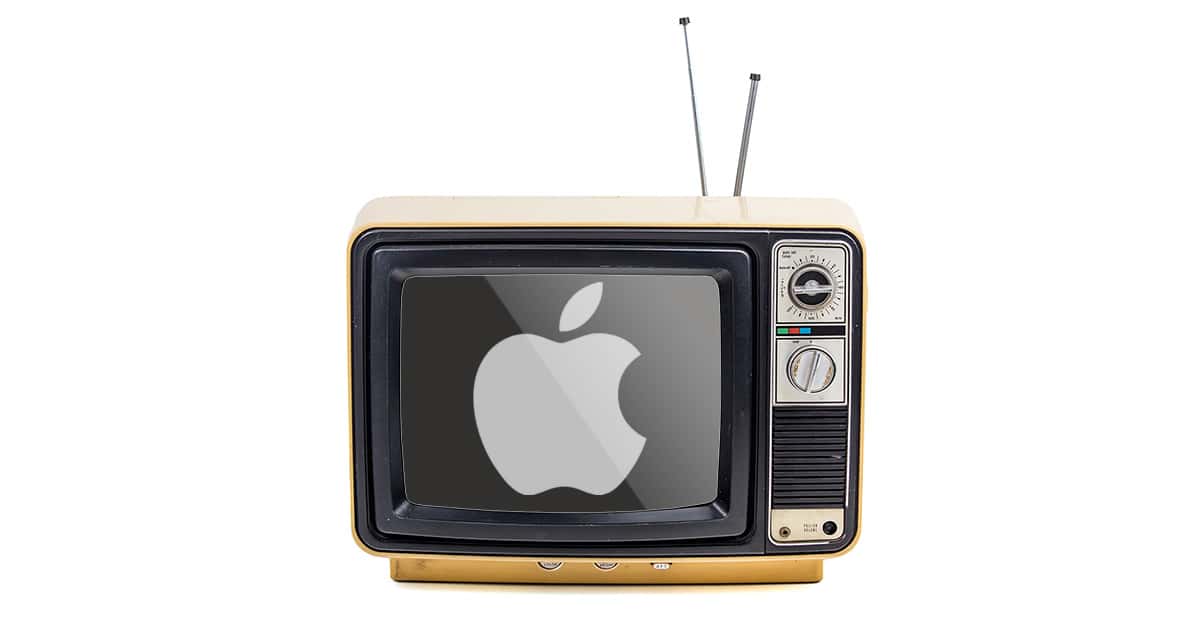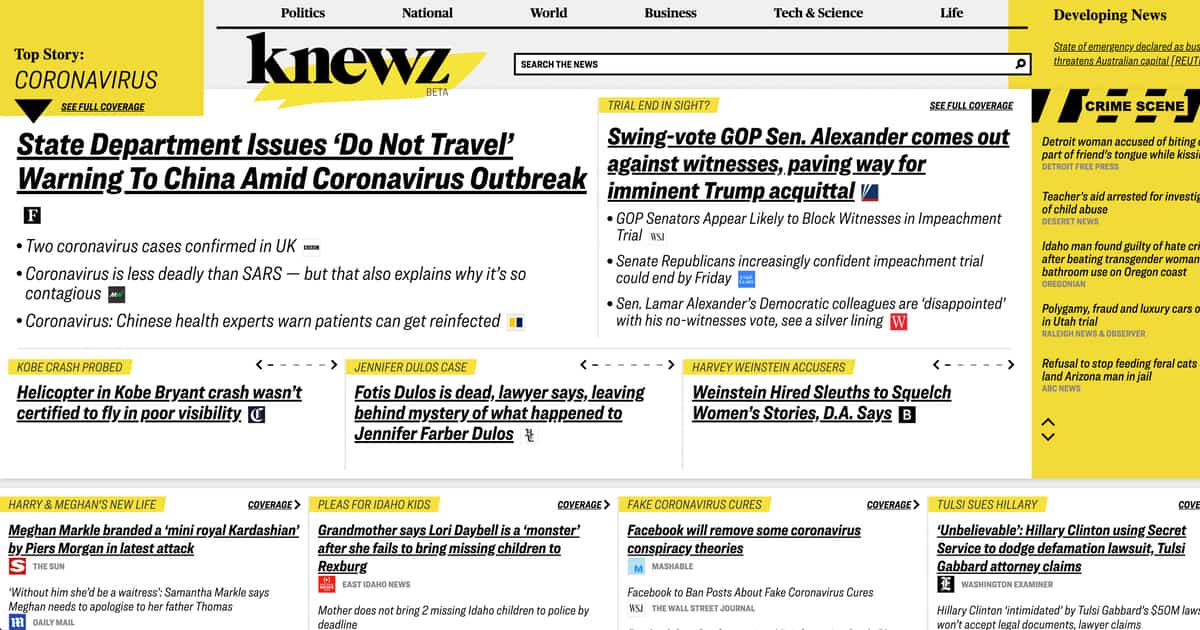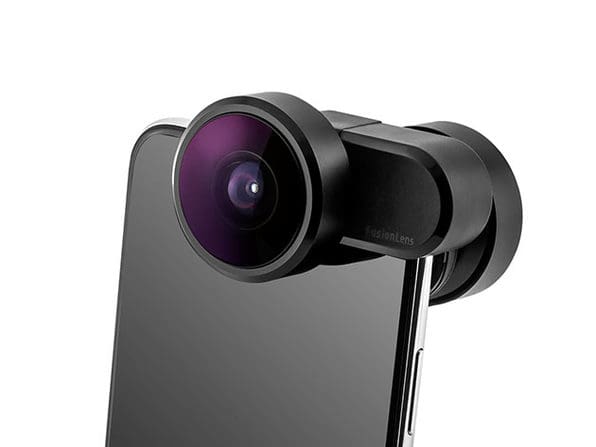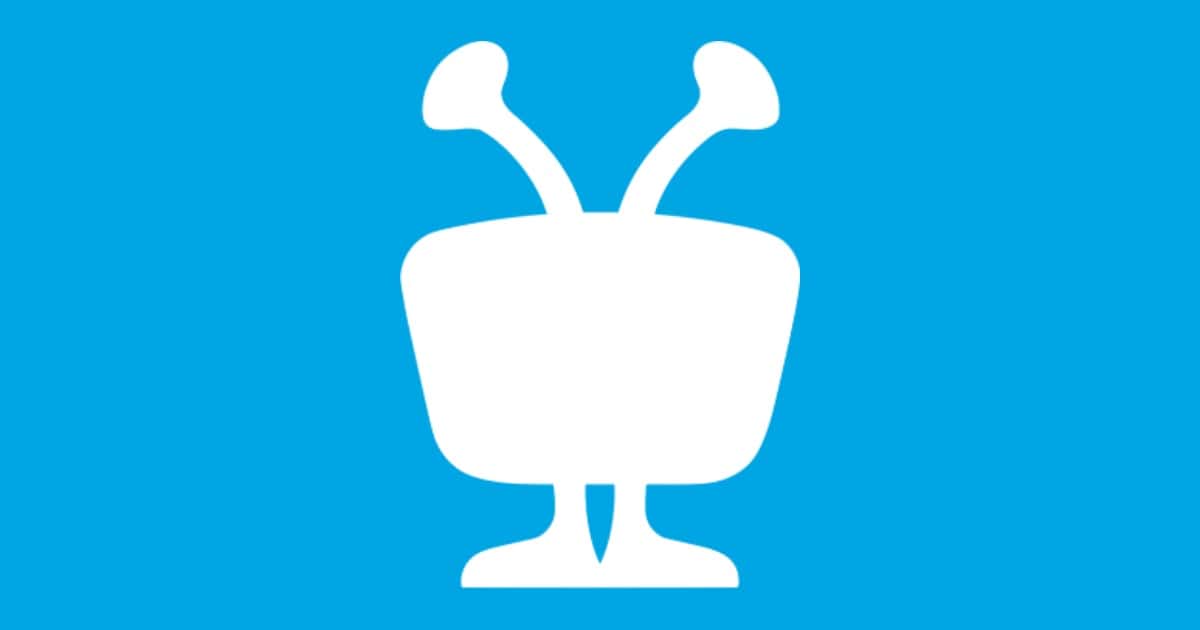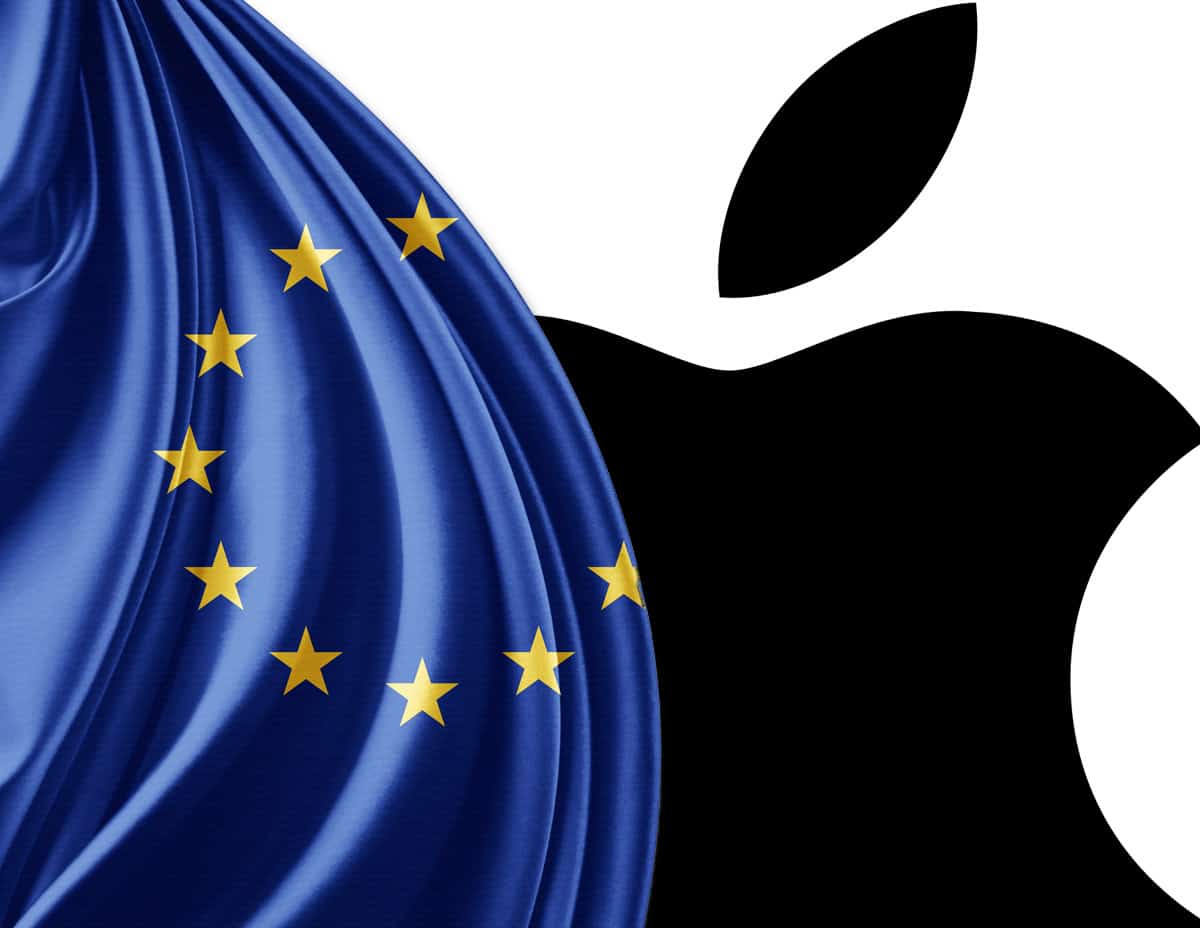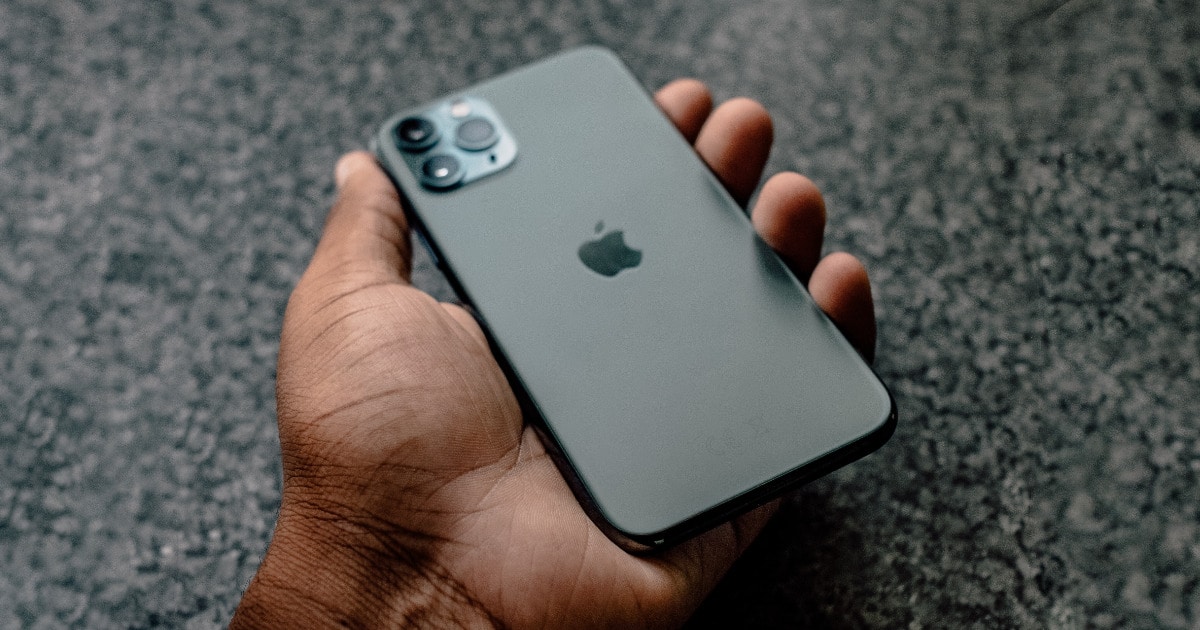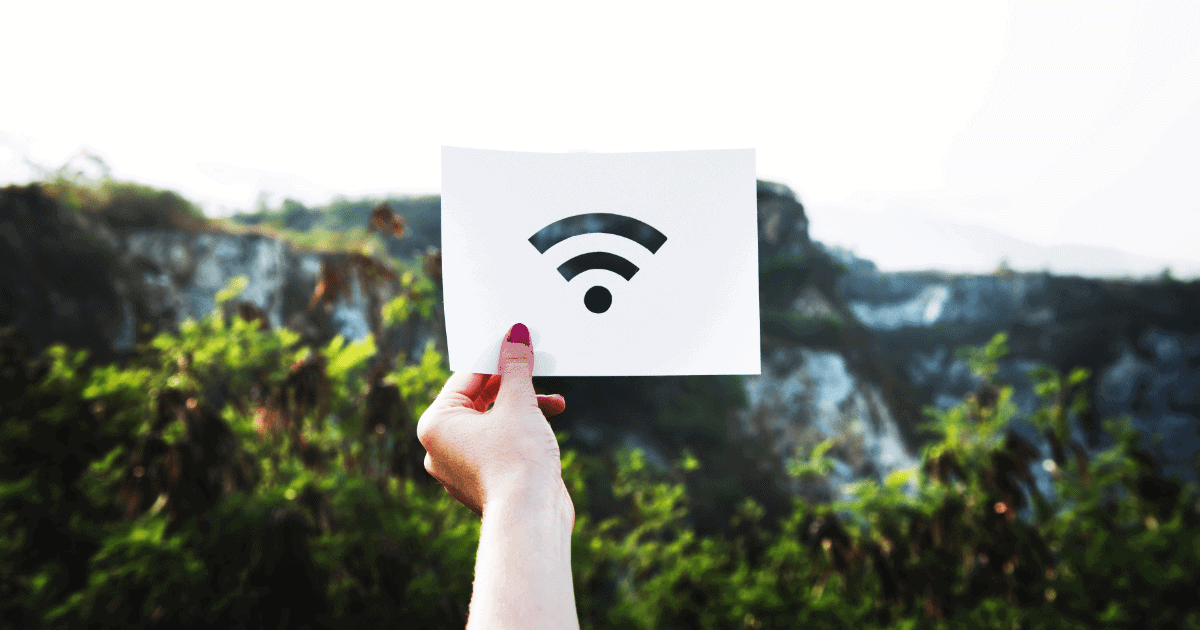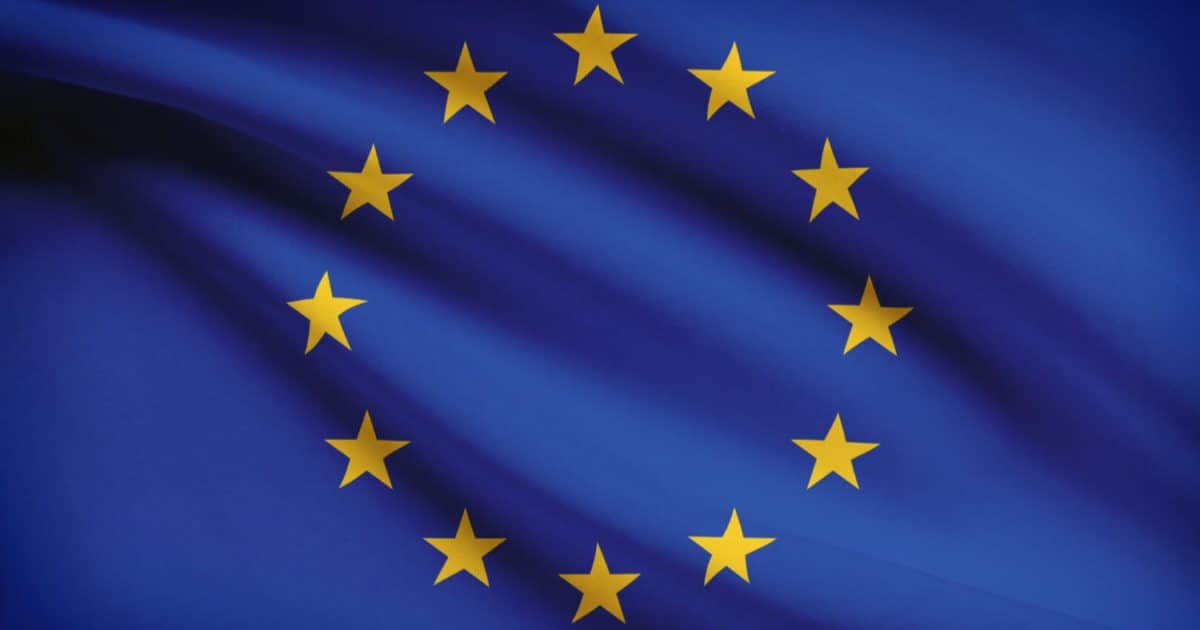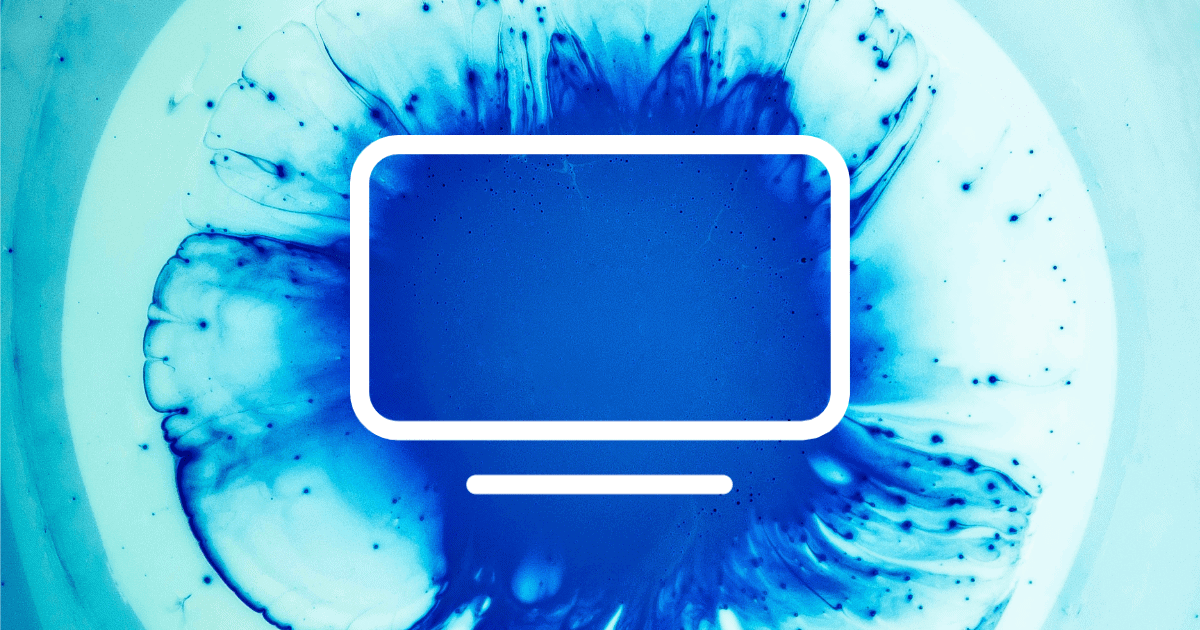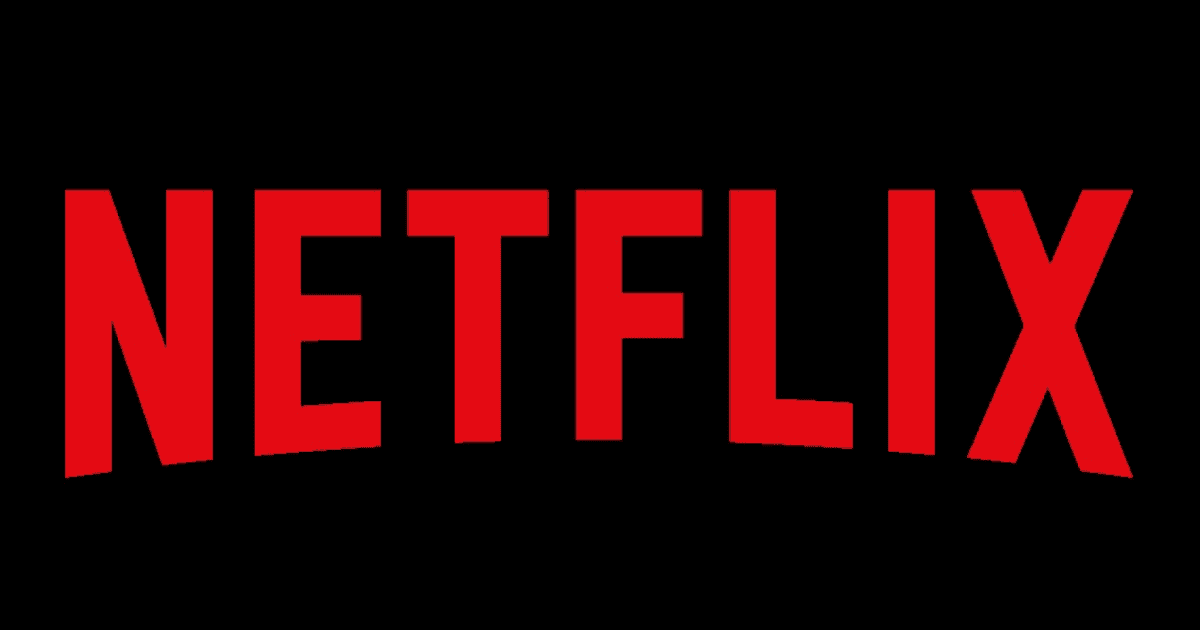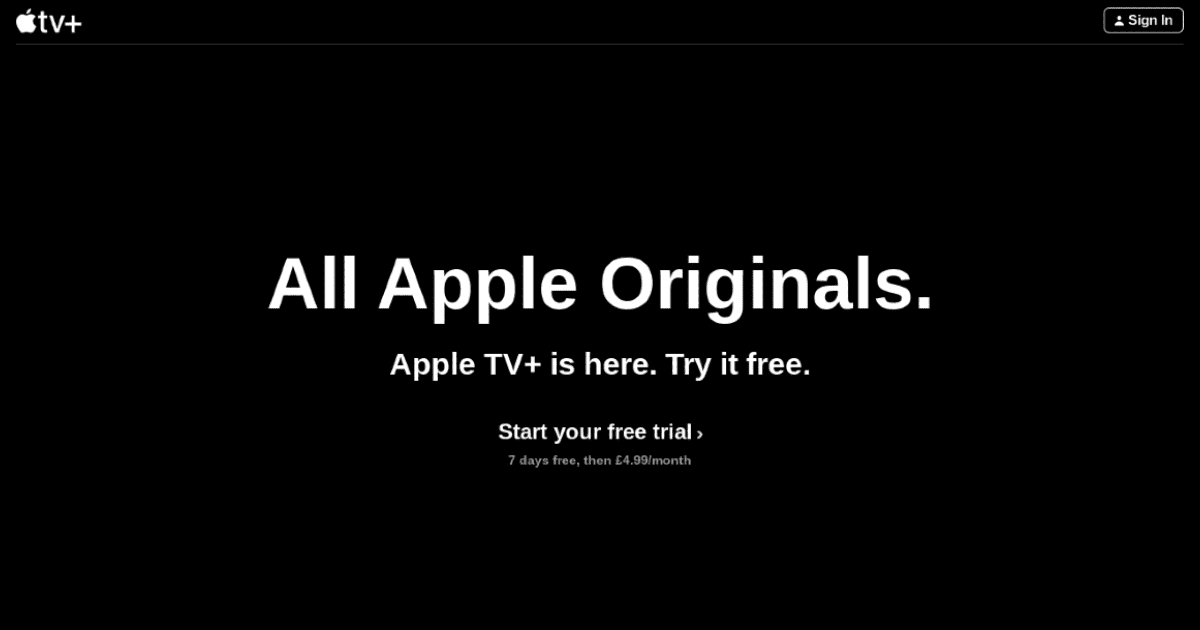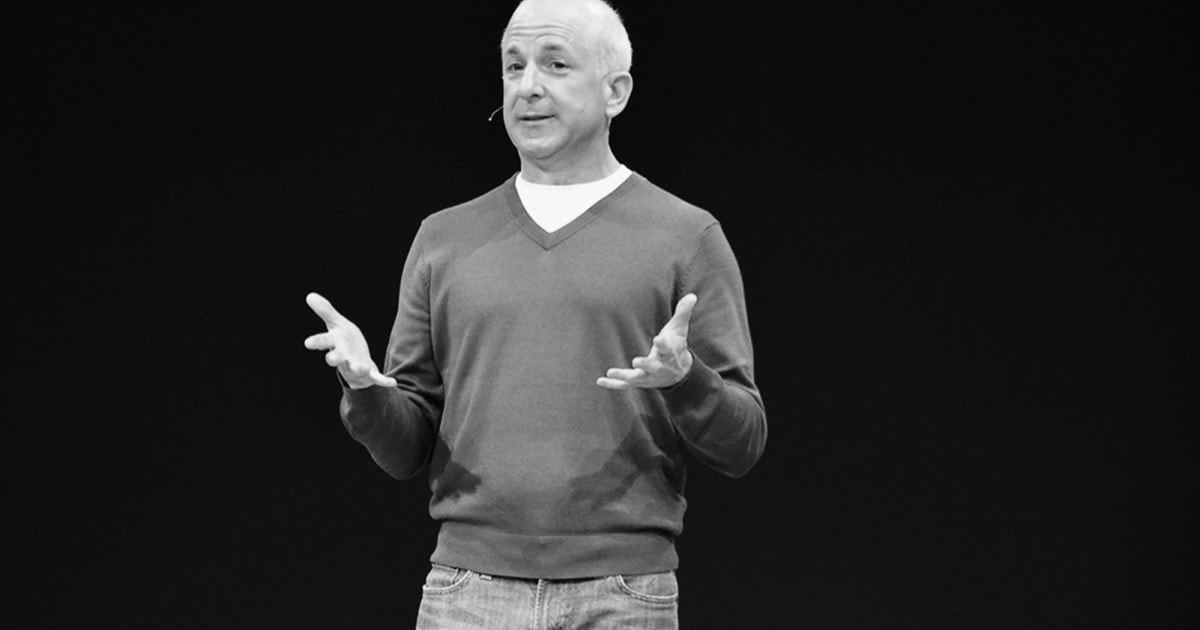Our holiday giveaway has officially come to an end, and we’re so excited to share the results! Congratulations to Antoni N.!
Amazon’s 2019 Transparency Report Shows Slight Decline in Government Requests
Amazon’s 2019 transparency report says it received 1,841 subpoenas, 440 search warrants, and 114 other court orders in the second half of 2019.
We previously reported on how Amazon’s transparency reports have purposefully become more vague over the years rather than clearer — bucking the industry trend. At just three pages, the company spends most of it explaining how it responds to each kind of legal demand rather than expanding on the numbers themselves.
Two other notable findings: Apple was the only other company to report a decline in government requests. And Amazon’s Ring surveillance product hasn’t released a transparency report.
Reasons to Make Disney+ Your Favorite Streaming Service
As more and more streaming services come out, we are all picking our favorite. For Christine Chan at iMore, it’s Disney+, for the combination of nostalgia and original content.
Ever since Disney+ came out, I’ve been watching my favorite childhood classics, like The Little Mermaid (though I bought the 30th anniversary Blu-ray last year), and catching up on everything else that I hadn’t seen as I was growing up, like Bambi, Lady and the Tramp, and Sleeping Beauty (yes, yes, I know, shame on me). With Disney+, I’m able to relive my happy childhood memories with those animated classics, and sometimes, that’s all you need when the rest of the world can be a bit depressing.
Apple's Super Bowl Commercials
Super Bowl Sunday is here, and the adverts are a big part of the occasion – Apple hasn’t always contributed, but its memorable when it does.
There's no New Content on Apple TV+. Again.
I’ve generally been supportive of Apple TV+. I’ve even got on board with the weekly rollout of big shows, instead of having everything there for binge-watching. That strategy comes with one caveat though – new content needs to appear (almost) every week. However, as Cult of Mac noted, for the second week in a row there is nothing new today.
By comparison, this week Netflix debuted seven new series including Next In Fashion, Ragnarok, BoJack Horseman season six, and more. Disney+, meanwhile, got new episodes of Diary of a Future President, Marvel Hero Project, exclusive short Lamp Life, and the 2019 Lion King remake. As I’ve written before, I’m a big fan of Apple TV+ as far as quality goes. The service hasn’t had a miss yet — and it’s had quite a few hits. To me, Little America, Servant, and The Morning Show are all standouts. But even shows I wasn’t immediately won over by, such as See, are solid entertainment.
Rupert Murdoch Now Has a Challenger to Apple News
News Corp, the firm led by Rupert Murdoch, launched in beta its equivalent of Apple News this week. Knewz promises to provide content “from the widest variety of sources, free of filter bubbles and narrow-minded nonsense,” Variety reported.
The company’s new Knewz.com site — a text-heavy agglomeration that has already drawn critiques of its cluttered design — officially launched Thursday as a “beta” test. The site, patterned after other aggregators like Google News, Apple News and Drudge Report, compiles headlines and links for publications across a broad range of political leanings, from Fox News and Newsmax to Daily Kos and Mother Jones. In announcing the launch of Knewz.com, News Corp said readers will be presented news “from the widest variety of sources, free of filter bubbles and narrow-minded nonsense.” Knewz.com is currently sourcing headlines from more than 400 publishers. News Corp said it expects to expand the roster during beta testing.
This Clip-On Lens Adds Anamorphic, 8mm Wide-Angle, Fisheye to 360° Lens to Your iPhone: $79.99
We have a deal on FusionLens, a clip-on lens that enables an iPhone to capture anamorphic, wide-angle, fisheye and 360° panoramic images. I’m linking to the deal for a FusionLens 2.0 for iPhone 11, but the deal listing also has options for iPhone 11 Pro and iPhone 11 Pro Max, iPhone XR, and iPhone Xs and Xs Max. It’s $79.99 through us.
PETA Wants to Replace Punxsutawney Phil With AI
Animal rights group PETA wants to replace famous groundhog Punxsutawney Phil with an animatronic AI.
The way the group sees it, not only would an AI be better at estimating when the winter will end, but it would also attract an entirely new generation of visitors to the western Pennsylvanian town. “Today’s young people are born into a world of terabytes, and to them, watching a nocturnal rodent being pulled from a fake hole isn’t even worthy of a text message,” Newkirk said. “Ignoring the nation’s fast-changing demographics might well prove the end of Groundhog Day.”
Updated Version of Apple Maps Arrives
Apple unveiled an overhauled version of Apple Maps with a number of new features aimed to improve the navigation app.
TiVo GameSkip Will Let You Watch Pure Commercials for Super Bowl LIV
TiVo’s GameSkip feature lets people record Super Bowl LIV and jump right to the commercial breaks, which are nearly as big as the game itself.
Here’s how GameSkip works: Set your TiVo to record during the game, an hour after it’s over, look for the onscreen SKIP icon. Once the icon appears, you can jump right to the commercial breaks.
Foxconn Works to Maintain Production Following Coronavirus Outbreak
iPhone manufacturer Foxconn insisted that it will be able to maintain production as China battled to contain the coronavirus outbreak.
EU Lawmakers Push For Common Mobile Charger
Members of the European Parliament overwhelmingly backed a resolution calling for a common charger standard in Europe.
Analyst Followup, TV+ Competition – TMO Daily Observations 2020-01-30
Charlotte Henry and join host Kelly Guimont to discuss analyst assessment of Apple’s earnings, and how TV+ holds up against other services.
Amazon Beats Apple to Become World's Most Valuable Brand
Amazon is the world’s most valuable brand, according to one analysis firm. Cult of Mac reported that it beat Apple and Google in the Brand Finance list.
The somewhat unorthodox ranking system looks at the world’s 500 most valuable brands across all sectors and countries. It then assigns a “brand value” based on a royalty rate that companies could get for licensing their name in the open market. Brand Finance compiles its annual list by estimating the royalty rate that would be charged to use a company’s brand. This takes into account current and expected future revenue. It’s a fairly complex methodology that’s explained in more detail here. As the firm explains: “Brand Finance helped craft the internationally recognised standard on Brand Valuation – ISO 10668. It defines a brand as a marketing-related intangible asset including, but not limited to, names, terms, signs, symbols, logos, and designs, intended to identify goods, services or entities, creating distinctive images and associations in the minds of stakeholders, thereby generating economic benefits.”
Apple Card iPhone Financing is Available, But You’ll Still Need a Carrier Account
Apple Card iPhone financing is here for unlocked iPhones but the fine print says you’ll still need an account with one of the major carriers.
Caltech Wins $1.1B From Apple and Broadcom Over Patent Infringement
Apple and Broadcom are required to pay the California Institute of Technology US$1.1 billion in damages over patent infringement.
EU Wants a Single Data Market to Challenge Big Tech
The European Union introduced a way to challenge the likes of Big Tech by creating a single market for data.
Measures to achieve that goal include an array of new rules covering cross-border data use, data interoperability and standards related to manufacturing, climate change, the auto industry, healthcare, financial services, agriculture and energy.
Other rules in the coming months will open up more public data on geospatial, the environment, meteorology, statistics and companies’ data across the bloc for companies to use for free.
Facebook Settles Dispute Over Facial Recognition Tech
Facebook has settled a dispute over its use of facial recognition technology, BBC News reports. It will pay $550m to users in Illinois who claimed it was against the state’s privacy laws.
The lawsuit against Facebook was given the go-ahead in 2018 when a federal judge ruled it could be heard as a class action (group) case. The appeals court disagreed with Facebook’s attempts to stop this, and in January the Supreme Court also declined to review its appeal. The social network told the BBC: “We decided to pursue a settlement as it was in the best interests of our community and our shareholders to move past this matter.” Facebook began using facial recognition in the US in 2010 when it automatically tagged people in photos using its tag suggestions tool. The tool scan a user’s face and offered suggestions about who that person is.
Apple TV+ Was DOA And Should End
At Forbes, the writer and analyst John Koetsier outlined his view that Apple TV+ was DOA. He believes the should company cut its losses and end the streaming service. I totally disagree. Given recent awards success, I actually think it is gaining credibility, not losing it. However, it’s always worth reading dissenting opinions.
Now, with 25th mover advantage firmly in its not-so-hip pocket, Apple is trying to present Apple TV (the app, not the service or the device) as a hub for all your video entertainment, whether it’s on Netflix or Amazon Prime or rented from iTunes or — very infrequently — streamed from Apple TV+ (the service, not the app or the hardware). And yes, this is confusing, because Apple TV is hardware: a set-top box. Apple TV is an app on iPhones and Macs. And Apple TV+ is a paid service with Apple-exclusive video entertainment on multiple platforms, including Roku.
Apple Cancels Xnor.ai Pentagon Contract With Project Maven
Shortly after acquiring AI company Xnor.ai, Apple canceled its contract with Project Maven that would use algorithms to analyze military drone imagery.
Apple Hires Netflix Engineer Ruslan Meshenberg
Apple has hired Netflix engineer Ruslan Meshenberg, an important employee who helped build the platform and made it fast and stable.
Don't Miss Out On Your Free Year of Apple TV+
The free trial for Apple TV+, which people who purchased a new device from September 10 2019 qualified for, is coming to an end.
117 Emoji Coming This Year, Like a Mammoth, Dodo, Worm, and More
The Unicode Consortium has approved the first group of new emojis for 2020, known as Emoji 13.0. They feature 117 of the fun symbols, including a mammoth, dodo bird, worm, and a lot more.
As with all new emoji releases, the appearance of each emoji varies by platform. Images shown on this page (and tweet thread) are original designs created by Emojipedia in a glossy style to show one potential way these may look when implemented on major platforms such as iOS, Android, WhatsApp, or Twitter.
How the Windows Team Was “Blinded” by the iPad
Former Windows chief Steven Sinofsky wrote a blog post about how his team were caught off guard by the iPad.
The success of iPhone (140K apps & 3B downloads announced that day) blinded us at Microsoft as to where Apple was heading. Endless rumors of Apple’s tablet *obviously* meant a pen computer based on Mac. Why not? The industry chased this for 20 years. That was our context.
It’s a good read. Everyone expected Apple to compete with netbooks. They did, but not by creating their own Mac netbook.
Satirical News Site ‘The Onion’ Comes to Apple Podcasts
The Onion is debuting a daily news podcasts called The Topical is coming to Apple Podcasts and other platforms. No word on whether it will be real news or a comedy podcast.
Leading media experts agree our subservience to the written word has ended, and all future generations will passively absorb information from The Onion’s podcast each day. In fact, an emerging consensus suggests this could be the last sentence you ever have to read if you click below right now to listen to The Topical, thereby freeing yourself from a dying culture’s benighted era of literacy.
Apple Podcasts: The Topical



